

Leading Change
White Paper:
The Opportunity to Electrify Container Transport in Nigeria
Nigeria is ideally situated to lead West Africa’s transition to low-carbon logistics by electrifying its container transport sector. As Africa’s largest economy and trade hub, Nigeria can leapfrog investing in fossil-powered infrastructure by adopting proven electric technologies.
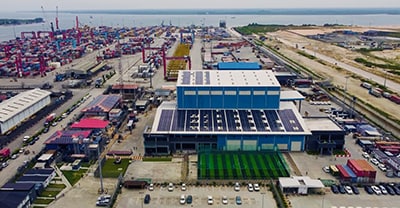
Globally, electrified container transport is becoming the new normal, and Nigeria has the opportunity to lead the change in West Africa. An accelerating shift to electrified container handling in port terminals is riding on steep cost declines for electrification technologies.
The industry is increasingly seeing that electrified container transport outcompetes diesel incumbents. If Nigerian stakeholders act now, the country can reap the benefits that electrification can bring to Nigeria and West Africa.
This white paper, a practical roadmap developed by APM Terminals and Systemiq, outlines how Nigeria can quickly and effectively implement large-scale deployment. Starting with ports like Apapa and Onne, electrification can anchor inland trucking corridors and transform national freight systems.
Why now?
Right place, right time
- Nigeria handles 70% of West Africa's containerised trade.
- With trade volumes set to grow 30% by 2030, now is the time to modernise the sector.
- Since 2013, the cost of batteries has declined ~80% while the cost of solar power generation has fallen ~75%
APM Terminals as change leader
APM Terminals in Apapa and Onne and inland services in Kano make it ideally positioned to support Nigeria's electrification journey.
With a proven track record in sustainable port terminal development – from Brazil to Morocco and Côte d'Ivoire to Vietnam – APM Terminals is committed to:
- Modernising port terminal equipment, focusing on electric alternatives
- Investing in solar energy and battery storage to ensure clean, reliable power supply
- Collaborating with public- and private-sector partners to drive innovation and scale impact
Roadmap for action
To learn more about key actions that Nigeria and Nigerian stakeholders can take to electrify container transport in the nation and beyond, download the white paper The Opportunity to Electrify Container Transport in Nigeria.
What are the benefits?
The benefits of electrifying container transport and logistics in Nigeria are clear:
₦1.3 trillion (~US$830 million) invested by 2030
₦33 billion (~US$20 million) saved annually on health-related spending due to reduced air pollution
80,000-tonne reduction in CO2 emissions annually
40% saved on energy costs related to port operations
How APM Terminals is lifting standards in Nigeria

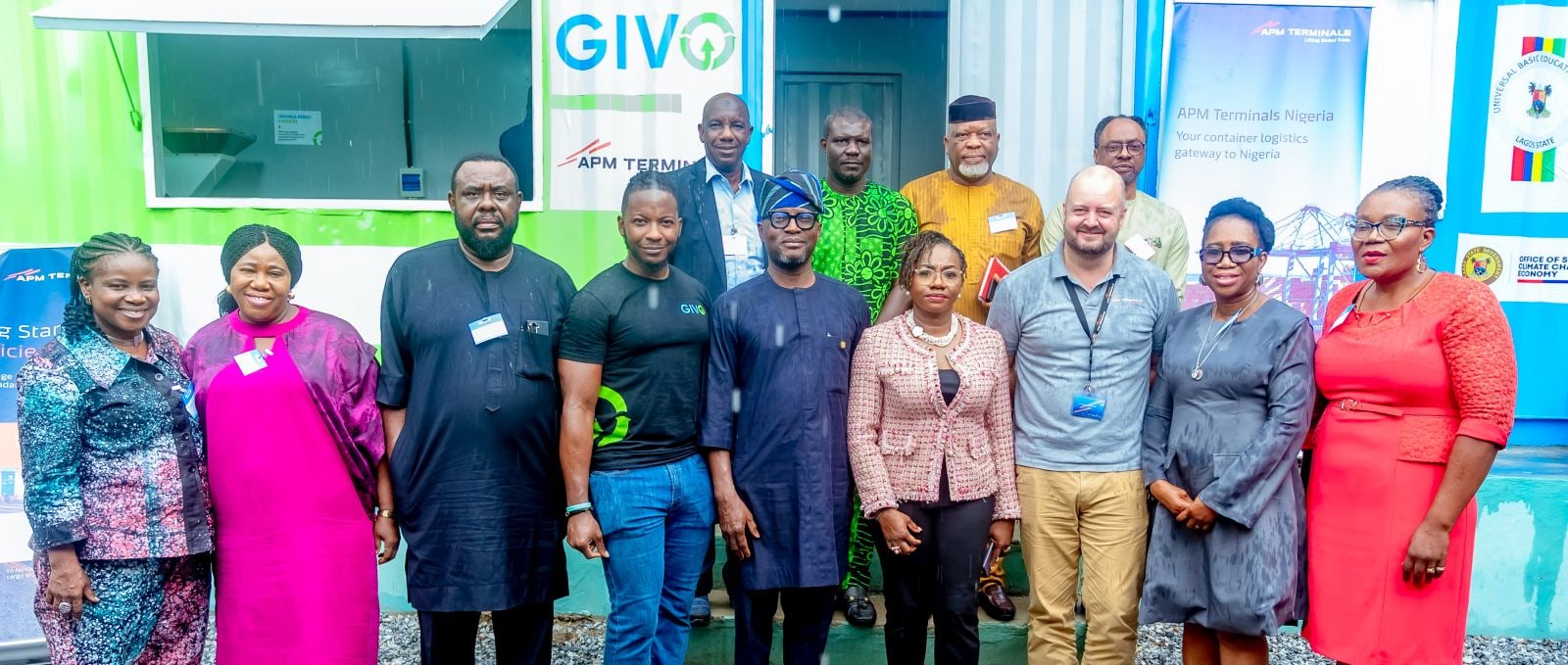
GIVO Launch Zero-Carbon Recycling Hub to Tackle Plastic Waste
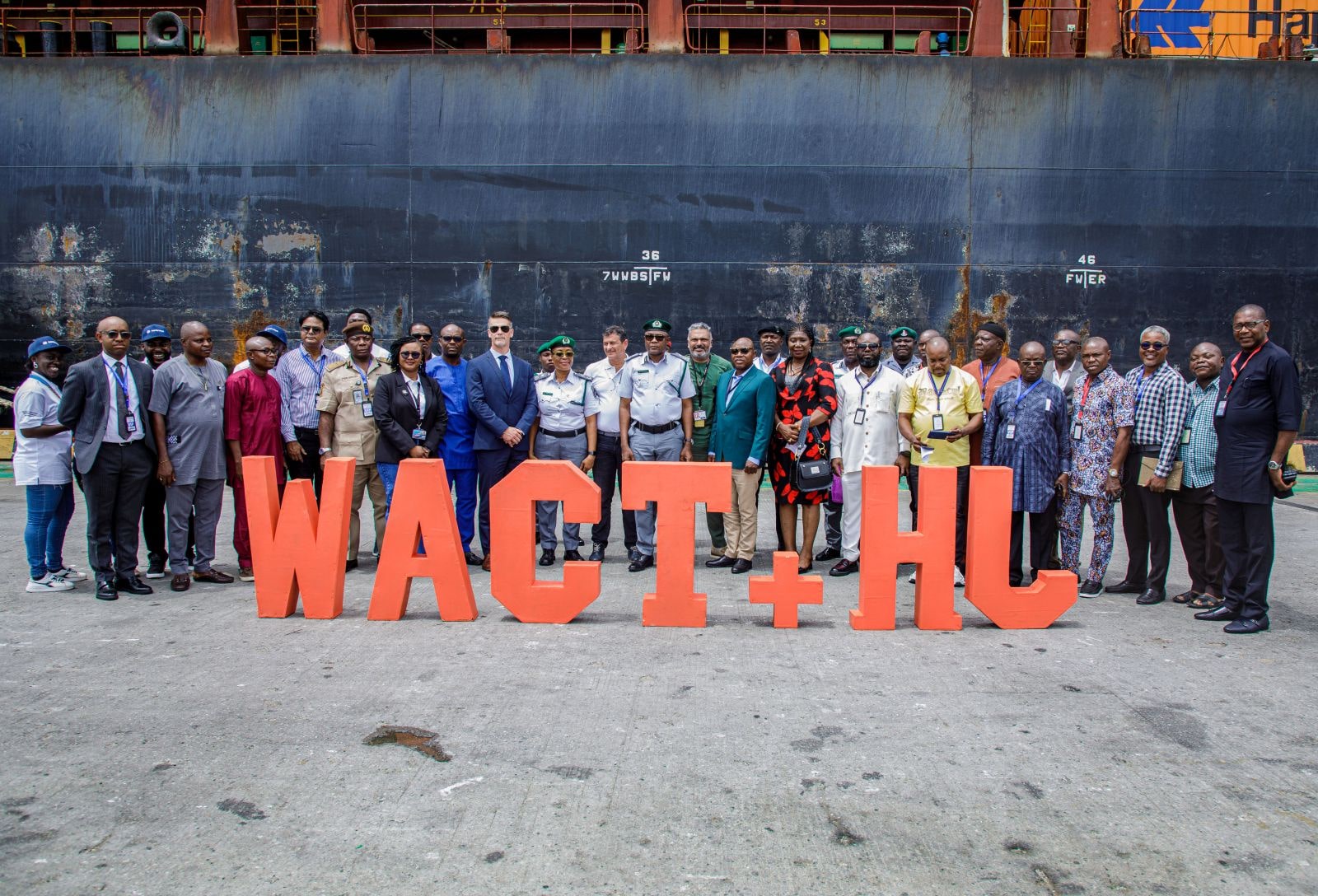
WACT-APM Terminals Nigeria Welcomes Container Carrier Hapag-Lloyd
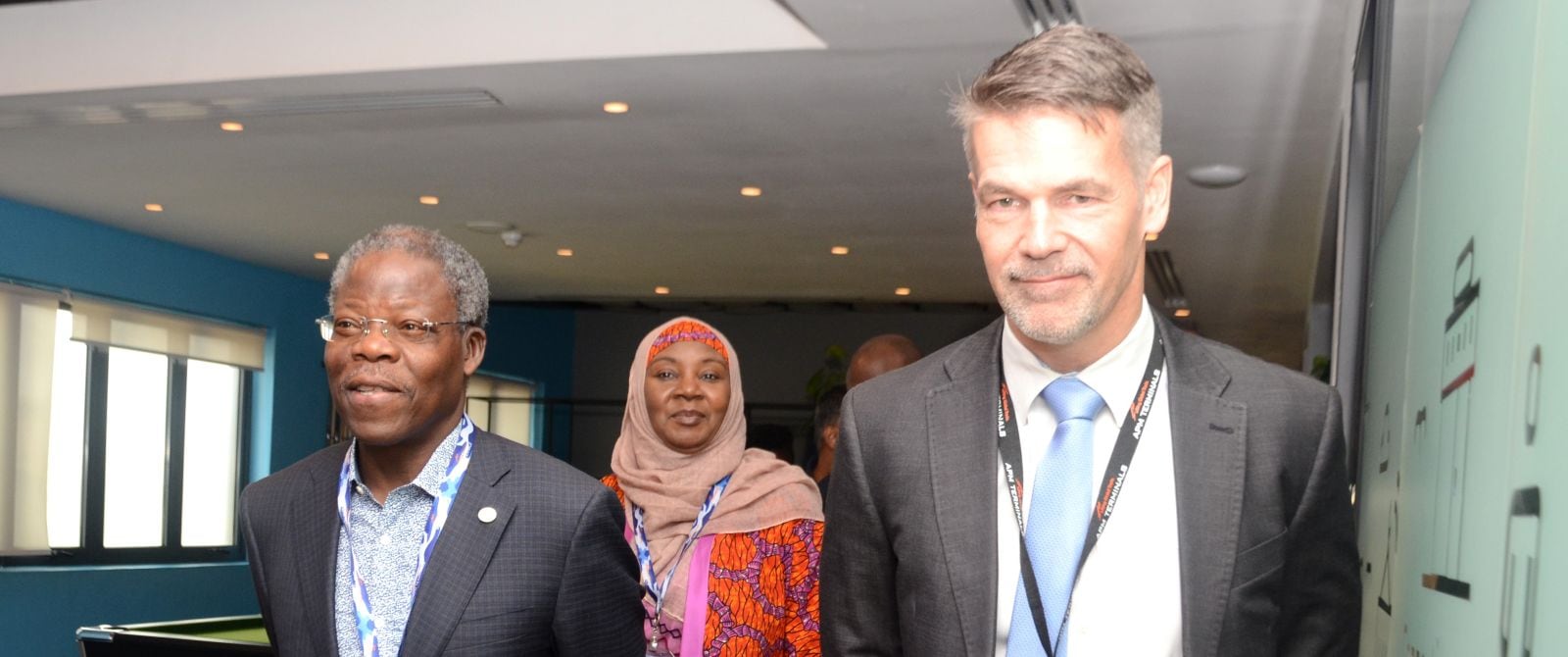
APM Terminals Pledges Support for National Single Window on Seamless Cargo Clearance
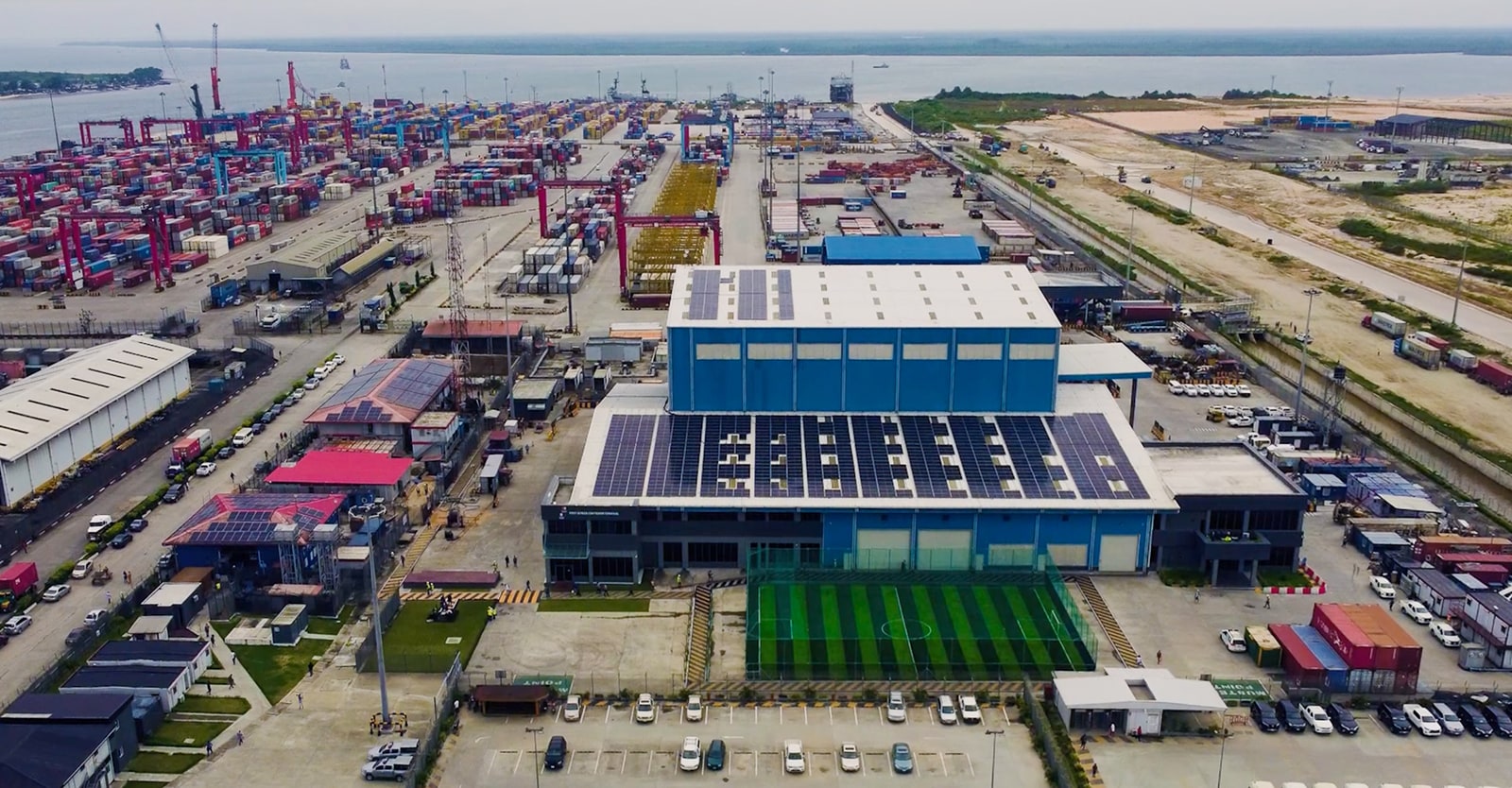
APM Terminals inaugurates upgrade at West Africa Container Terminal in Onne, Nigeria
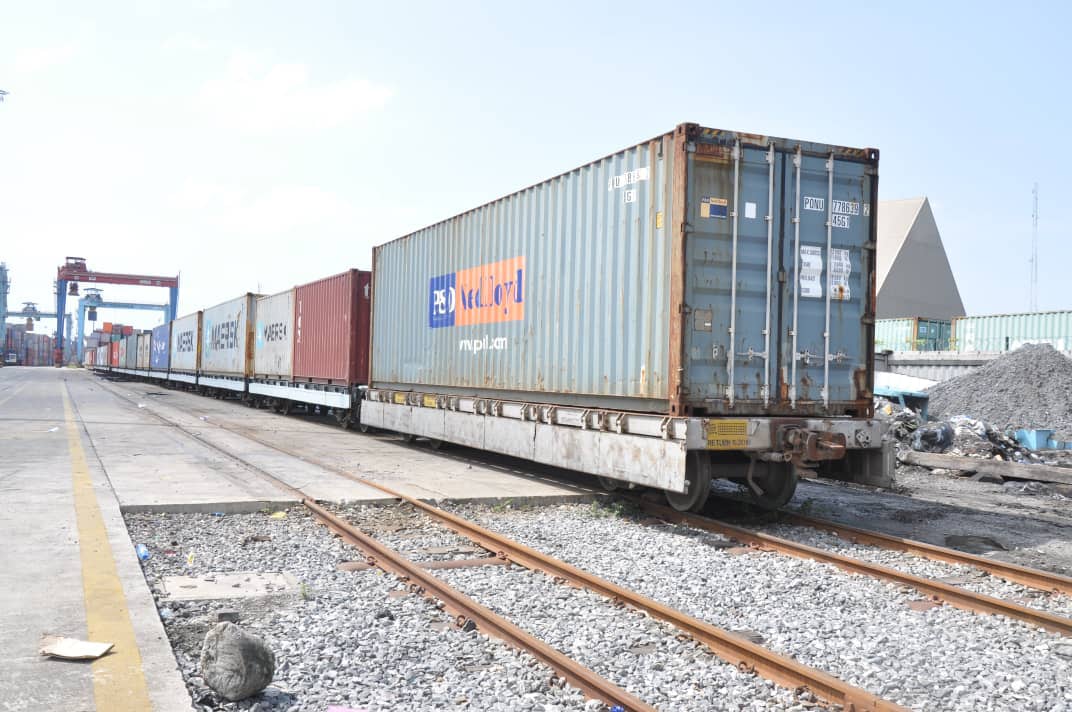
Exports Forum highlights opportunities for Nigerian non-oil exports
APM Terminals in Nigeria
West Africa Container Terminal, Onne
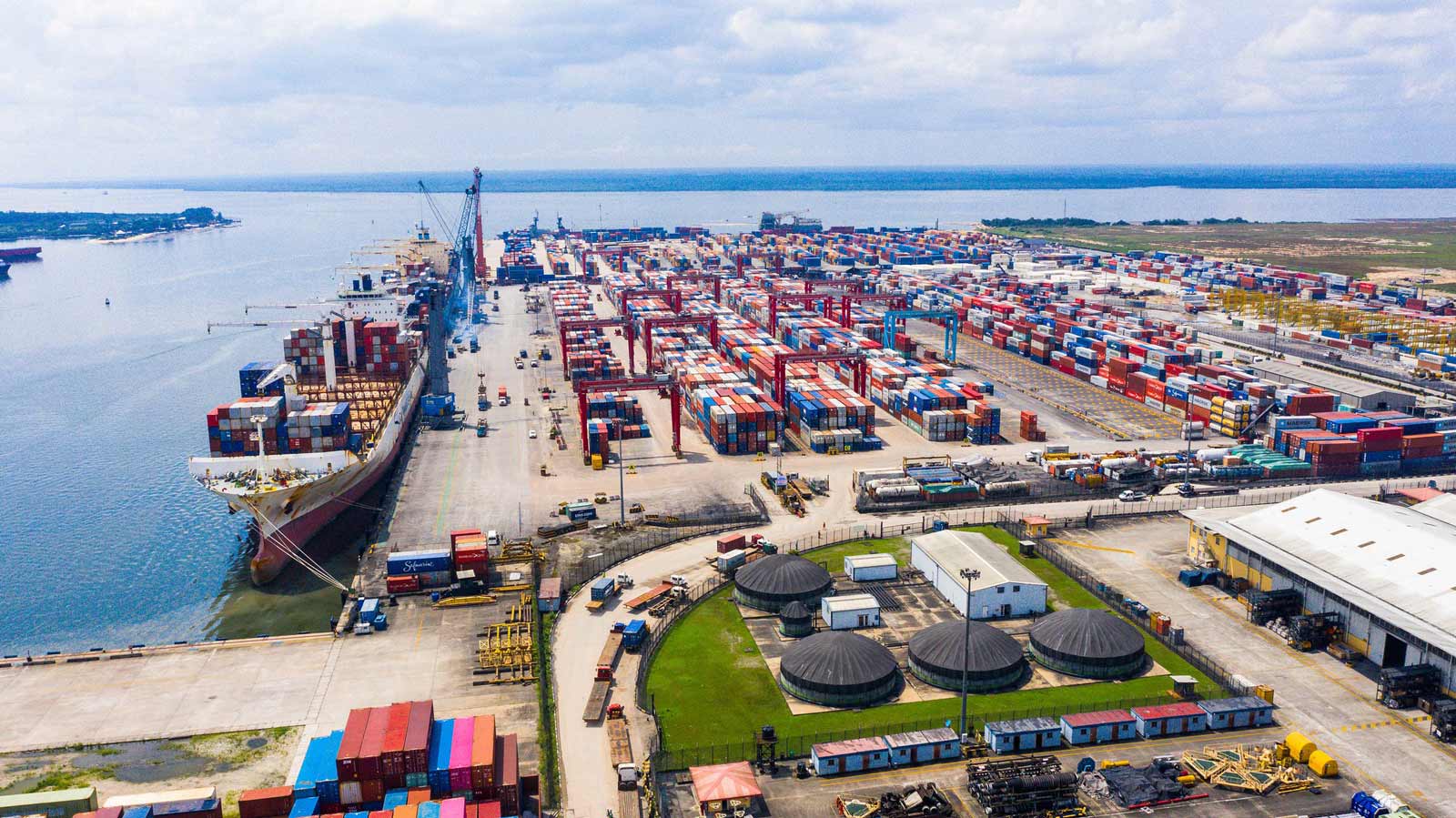
Upgraded, world-class facilities at the West Africa Container Terminal (WACT) following a US$ 115 m investment.
Container freight station located within the terminal for fast and efficient deconsolidation and consolidation, for example for agricultural products & minerals.
Only terminal in eastern Nigeria with a scanner, allowing faster and more cost effective customs clearance.
APM Terminals Apapa
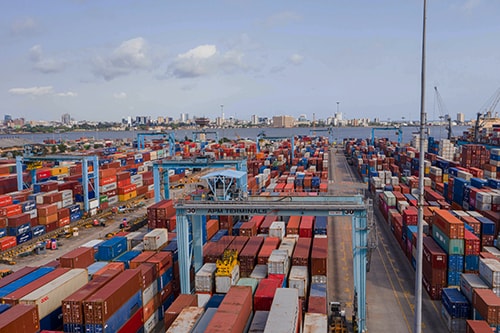
Excellent road rail and barge connections.
Reliable and efficient services provided through a full suite of digital products, including Payment Wallet, Online TDO, Dynamic TDO, Online Booking for examination and Track & Trace (TERMView).
A reliable partner to grow Nigerian exports.
APM Terminals Kano
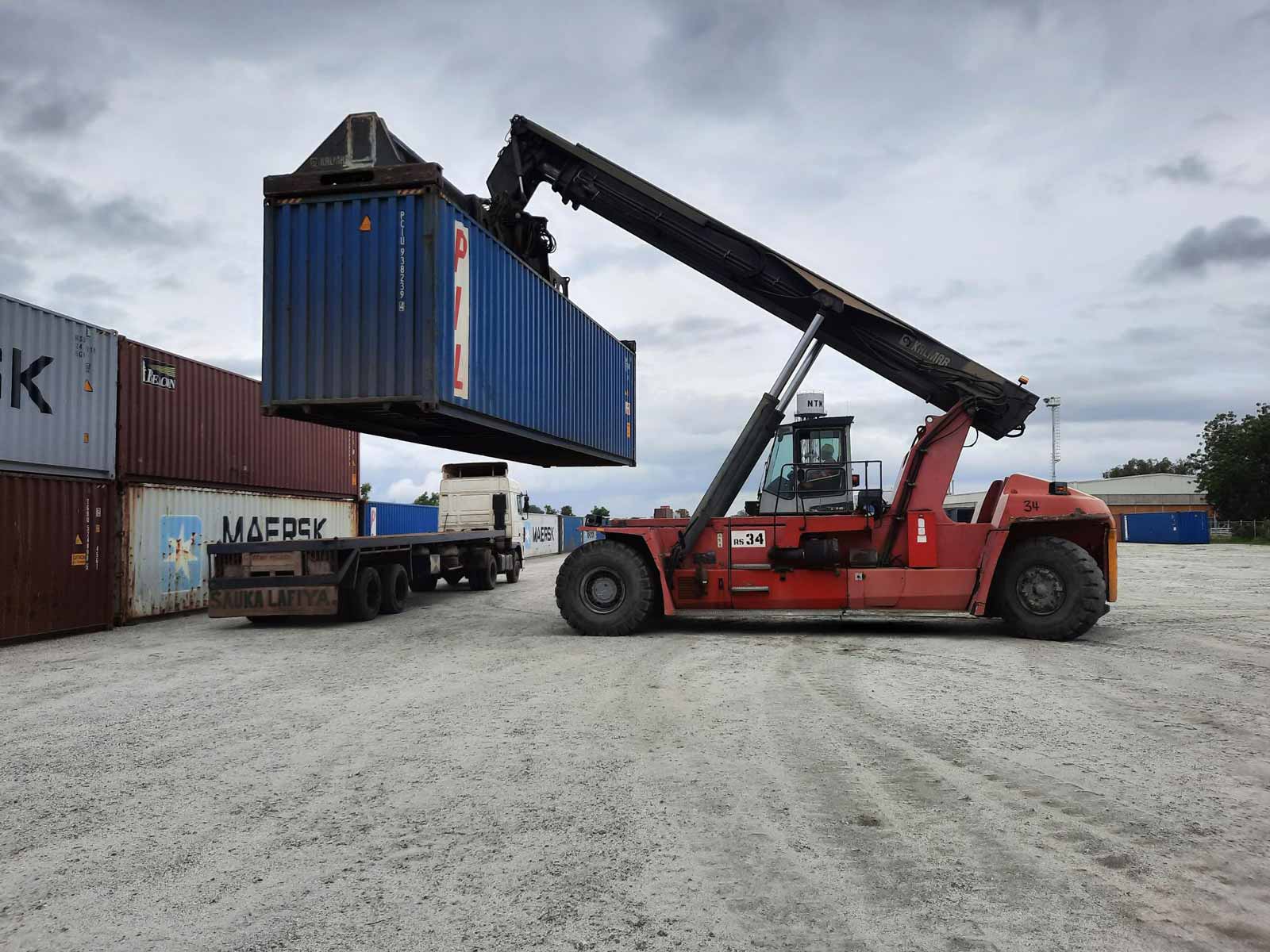
APM Terminals Inland Services Nigeria has an inland container terminal (ICT) located in Kano, the commercial centre of northern Nigeria and its second largest city.
Kano is the only ICT to have regular direct train services from Apapa.
Both TBL (Through Bill of Lading) and Non-TBL customers choose APM Terminals Kano for a number of reasons.